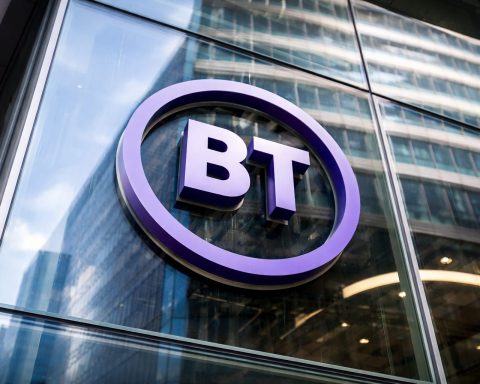
Verizon stock price edges up after consumer chief steps down — what VZ investors watch next
New York, Feb 5, 2026, 15:11 EST — Regular session Verizon Communications Inc (NYSE: VZ) saw its shares tick up roughly 0.4% to $47.21 Thursday afternoon following news that Sowmyanarayan Sampath, head of its consumer division, is leaving the company. (Reuters) This shift is crucial since Verizon’s consumer division is key to regaining customer trust and cutting the churn rate…












